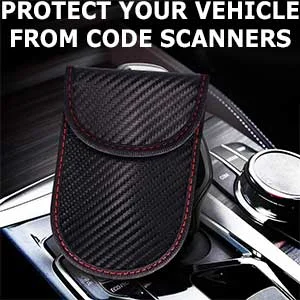Lurker!

Welcome into the open.

You've been on here long enough to know the answers, on just this thread alone. But here's the short version: "warped rotors" is a phrase to describe lumpy/juddery/shuddery feeling brakes. The rotors are still perfectly straight. But they may have developed "hot spots" where cementite has formed; this goes below the surface, i.e. makes any resurfacing pointless and feckless: new rotors time. If the problem is merely crappy pad deposit buildup, that can be surfaced off: but, it can also be rebedded off. Do the rebedding procedure to determine if you have deposits only, or cementite: if the latter, the rebedded pads will fail to smooth out the feel if the brakes. If rebedding makes your brakes smoother, then get new pads on right away. I, too, would prefer a little dust to lumpy feeling brakes any day!

(my OE brakes have been fine for over 32K miles and tested/checked out as "good" this week)



 Welcome into the open.
Welcome into the open.

